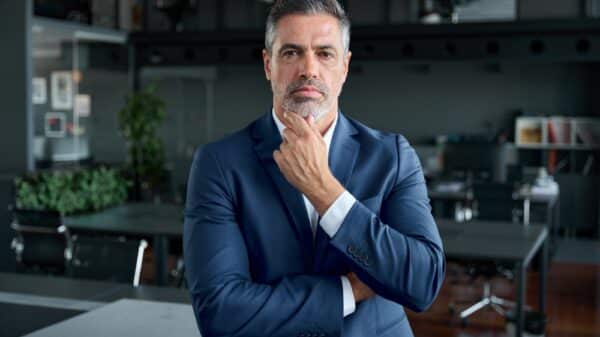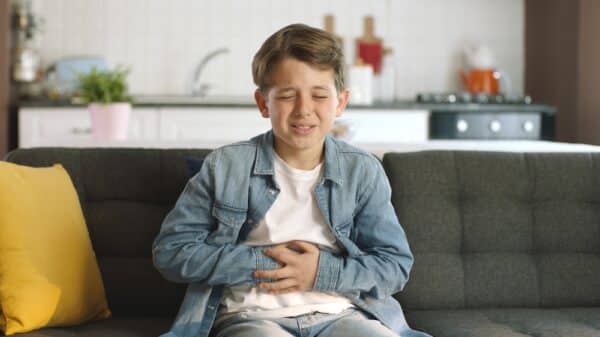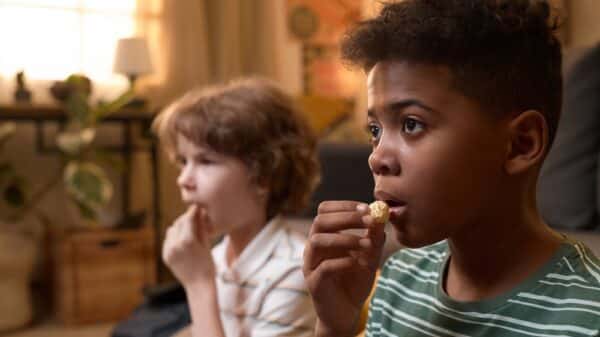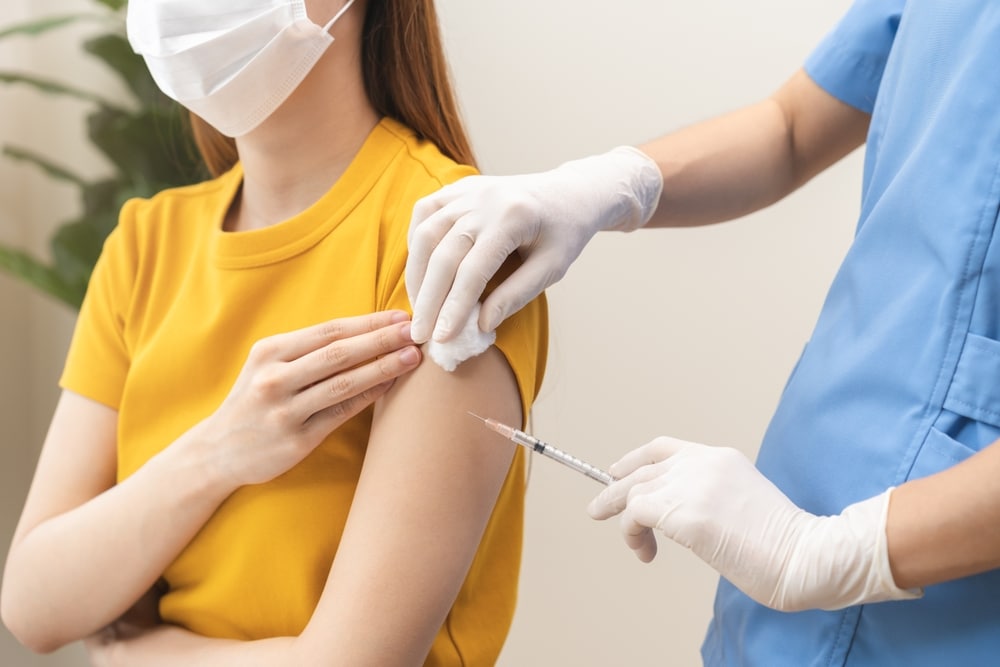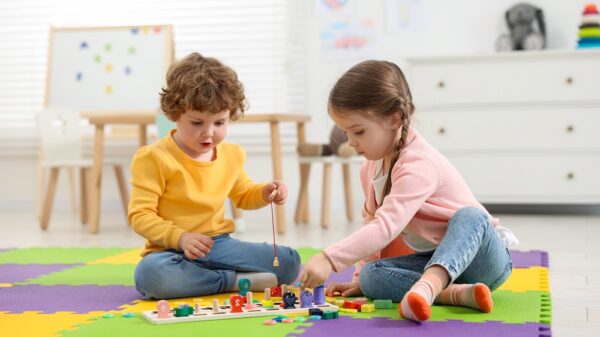While vaccination remains the most effective and safe method to prevent a variety of serious diseases, there has been a growing trend of vaccine hesitancy in recent years. This surge in reluctance is largely driven by the dissemination of misinformation on social media and the actions of certain politicians who exacerbate the issue. Recent data from the Centers for Disease Control and Prevention (CDC) indicates that vaccination rates for the HPV vaccine among adolescents have plateaued for the second consecutive year, raising concerns among health professionals about a potential rise in cancer rates as a consequence.
The findings, which appear in the agency’s Morbidity and Mortality Weekly Report, reveal that vaccination rates for the HPV vaccine among children ages 13 to 17 have stagnated for the second year running. In particular, the percentage of teens in the Vaccines for Children (VFC) program who were fully vaccinated by age 13 dropped by 10.3 percentage points among those born in 2010 (42.7%) compared to those born in 2007 (53%). The latter group is considered the last cohort not affected by interruptions in healthcare services related to the pandemic.
Fortunately, routine vaccinations for other diseases, such as tetanus and meningitis, appear to have returned to levels seen before the pandemic. However, the ongoing hesitance among parents regarding the HPV vaccine could lead to significant health consequences.
Health experts in 2023 began advocating for the HPV vaccine for children as young as 9, emphasizing an enhanced level of protection against six types of cancer. This recommendation is based on the observation that preteens’ immune systems generate more antibodies following vaccination than those of older teens, as noted by family physician Beth Oller, MD, FAAFP in previous discussions with Motherly.
“Each year in this country, more than 36,000 people, both men and women, receive a cancer diagnosis attributable to HPV, which includes penile, vaginal, vulvar, anal, and head and neck cancers. Over 7,000 die annually, which underscores the importance of vaccinating our children,” Dr. Oller remarked. “We don’t have a vaccine that prevents cancer other than this one.”
“As a physician, my goal is to do everything possible to boost vaccination rates, particularly for this crucial vaccine, since HPV is the most prevalent sexually transmitted infection in the U.S. among both genders,” she elaborated.
With a safe and proven method to protect against serious illness resulting from such a widespread infection, what causes parents to hesitate regarding HPV vaccination for their children?
“Many parents express concerns by saying they believe, ‘my child doesn’t need that yet.’ They operate under the assumption that if their child isn’t sexually active, the vaccine is unnecessary,” Dr. Oller explained, stressing that early vaccination maximizes the chance of building immunity against the virus, particularly before a child becomes sexually active.
“We are aware that these vaccines are effective and yield positive results. Since the introduction of HPV vaccines in the U.S. in 2006, incidences of HPV infections and cervical precancers have declined significantly. Infections with HPV types responsible for the majority of HPV-related cancers and genital warts among teen girls have decreased by 88%. For young adult women, the reduction is 81%,” she further noted.
Gardasil, the only HPV vaccine currently approved in the U.S., is suggested for individuals ages 9 to 26, with approval extended to adults between 27 and 45 in 2018. Adverse events are uncommon, occurring at a rate of 1.8 per 100,000 doses, or 0.0018%, from 2015 to 2018.
When faced with health-related inquiries, consulting with a healthcare provider—and avoiding potentially misleading or harmful content circulating on social media—is the most prudent approach to safeguard your child’s health against disease.
Image Source: Kmpzzz / Shutterstock


